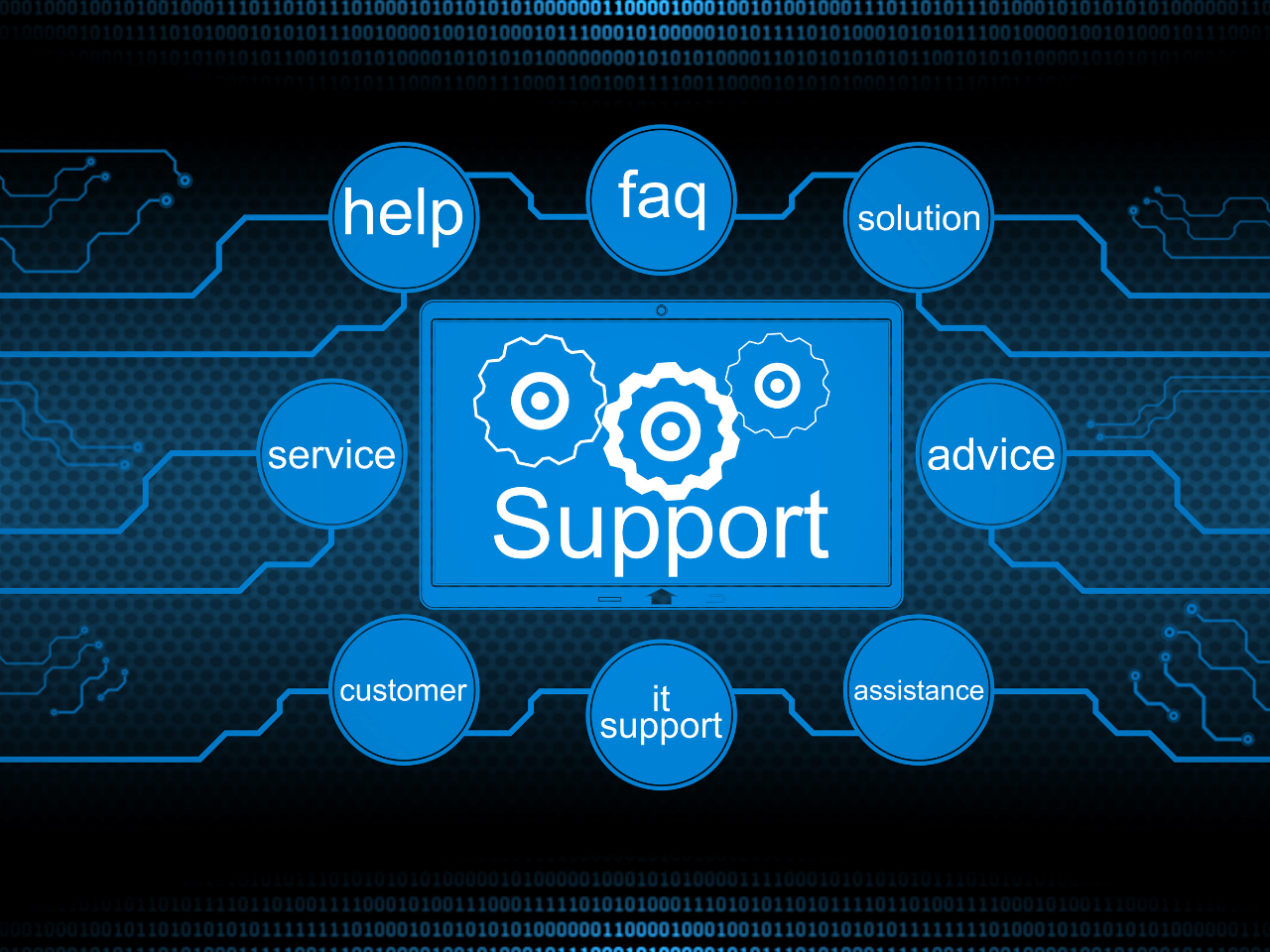Today’s business climate requires a robust IT infrastructure for your company or organization. Many of us increasingly rely on services that allow employees to work from home or on the road. Is your business adapting to the times? Can your employees handle the technical challenges that can appear at any time? If not, it may be time to explore managed service providers (MSPs).
With the integrity of network systems and your business on the line, outsourcing some or all of your IT services could be the right solution. Selecting the right managed service provider means evaluating your organization’s needs, MSP capabilities, the total cost of ownership, and much more.
What to Look For in a Managed Services Provider
Because there is a broad spectrum of MSPs, keep the following in mind when evaluating your options.
Your Needs and MSP Capabilities
Identify any gaps, existing inefficiencies, and areas of improvement needed before searching for a service provider. Doing this will allow you to match your needs with the right provider. The right MSP will be able to perform technology auditing, help you assess your current system, identify problems and vulnerabilities, and offer solutions.
Technical Expertise
It’s essential to check the technical expertise, partnerships, and additional qualifications that showcase their abilities. Disaster recovery planning is a crucial aspect of IT. With cyberattacks increasing, it’s essential to work with an MSP knowledgeable about industry-specific compliance standards and state and local requirements to help business owners avoid the hefty fines that come with being non-compliant.
Availability
You may not work 24/7, but your network and security need to, and so does your IT provider. Few things are more frustrating for employees and customers than technology that doesn’t work. Make sure your MSP can quickly answer technology questions and use remote access to resolve issues promptly. Problems with your network can occur anytime, and your business depends on fast service and response time.
Disaster Recovery Assistance
You must be prepared if your business is hit with a disaster, whether it’s bad weather, vandalism, or other outages. A quality managed services provider will help you plan for the future, protect your data, and ensure your business will recover after a disaster. Verify that they will be available to resolve emergencies quickly and efficiently.
Third-Party Vendor Partnerships
A significant advantage of using a managed services provider is that they should be able to handle technology vendors for you. Rather than you or one of your employees tracking down multiple vendors for support or service, your MSP can take care of it. When evaluating a provider, ask who they partner with and ensure they have expertise with the tools you use.
Daily Backups and Cloud Services
Using a managed services provider is the best way to ensure the safety and security of your data. Make sure the MSP you choose provides automatic and consistent data backups on a remote server for added protection. If you need help getting your business on the cloud, make sure your chosen provider can help your employees stay connected no matter where they are.
Security Testing and Monitoring
Many small businesses don’t do periodic audits, have a firewall installed, or regularly back up their data. These IT problems may not seem like pressing issues until they suddenly are. Cyberattacks are rising, and small and medium-sized businesses are increasingly the target. Cybercriminals realize smaller businesses are often easier to breach. The right managed services provider will be concerned about your cybersecurity. Ensure your IT-managed services provider provides regular security testing and monitoring for cyberattacks.
Proactive Maintenance
It’s not unusual for busy, growing companies to forget about technology until something stops working. A managed services provider will ensure you proactively run the updates you need to avoid future problems. They’ll keep your wireless network and wired environment up and running so you don’t experience outages and disruptions to your business.
Types of Managed IT Services
Many businesses, including medical clinics, law firms, accounting firms, and others, don’t have or lack IT departments with the technical expertise needed for today’s world. Without professional help desk expertise, organizations of all sizes can expect increased security threats, higher IT costs, and unnecessary interruptions and downtime. A few of the services offered by MSPs include, but are not limited to:
- Help Desk Support
- Network Management
- Software Integration
- Cloud Services
- Security and Disaster Recovery
who uses Managed IT Services?
For large companies, an MSP is often used to supplement an internal team so that full-time employees can focus on long-term company goals and drive future revenue growth. An MSP can take over many mundane tasks for a large operation, including help desk management, cloud setup, and network security. A significant benefit of managed IT services for small businesses centers around cost savings, and an outsourced team is often a better option for small business owners.
Contact Fortify IT Solutions Today
Contact us online or call 856-512-1949 to schedule an appointment with one of our expert project managers. We look forward to connecting with you and showing you how we can bring you the IT services you need and the expertise you deserve.

